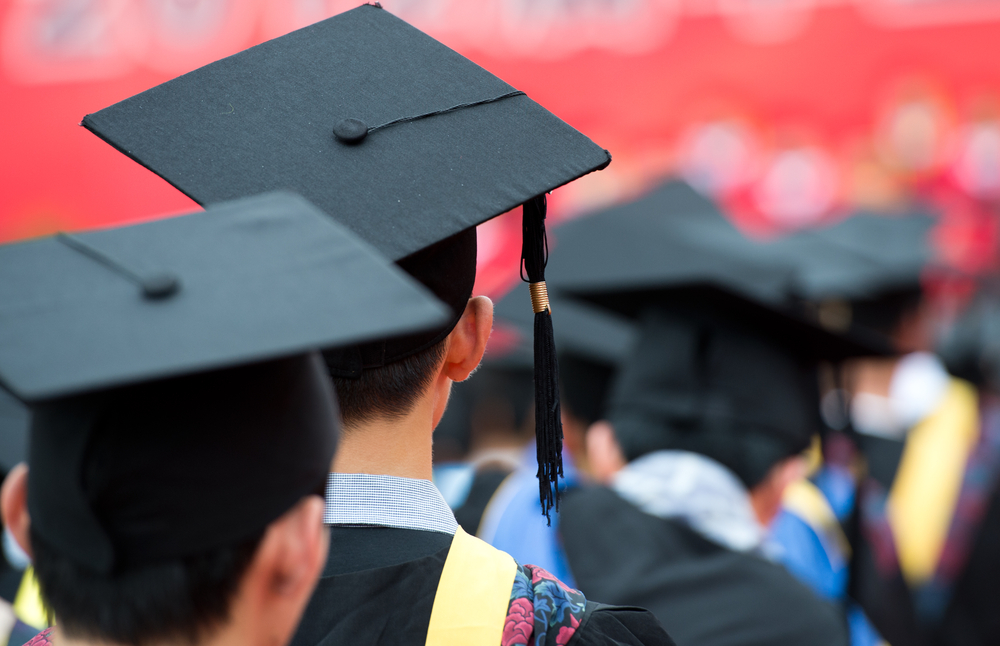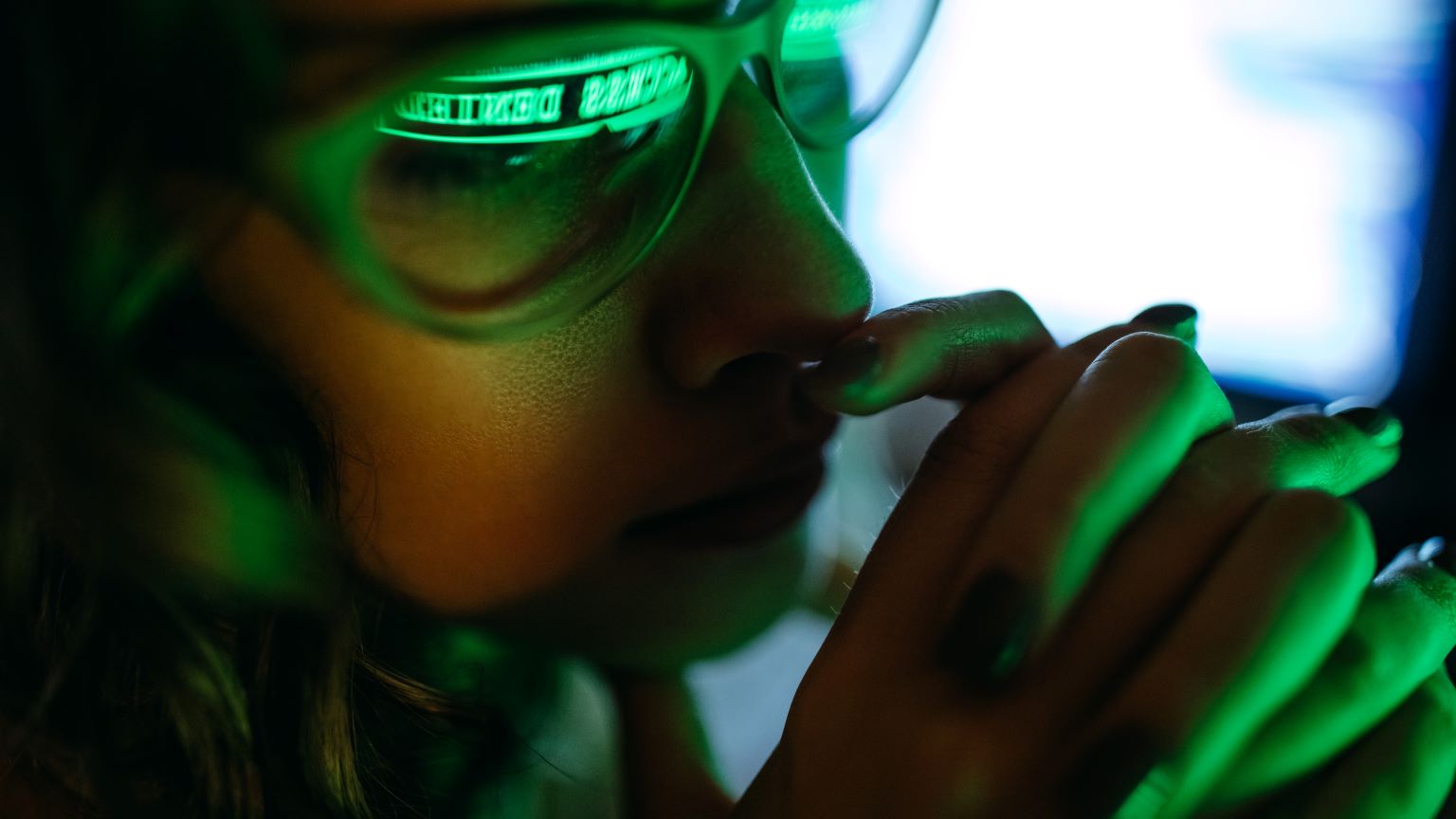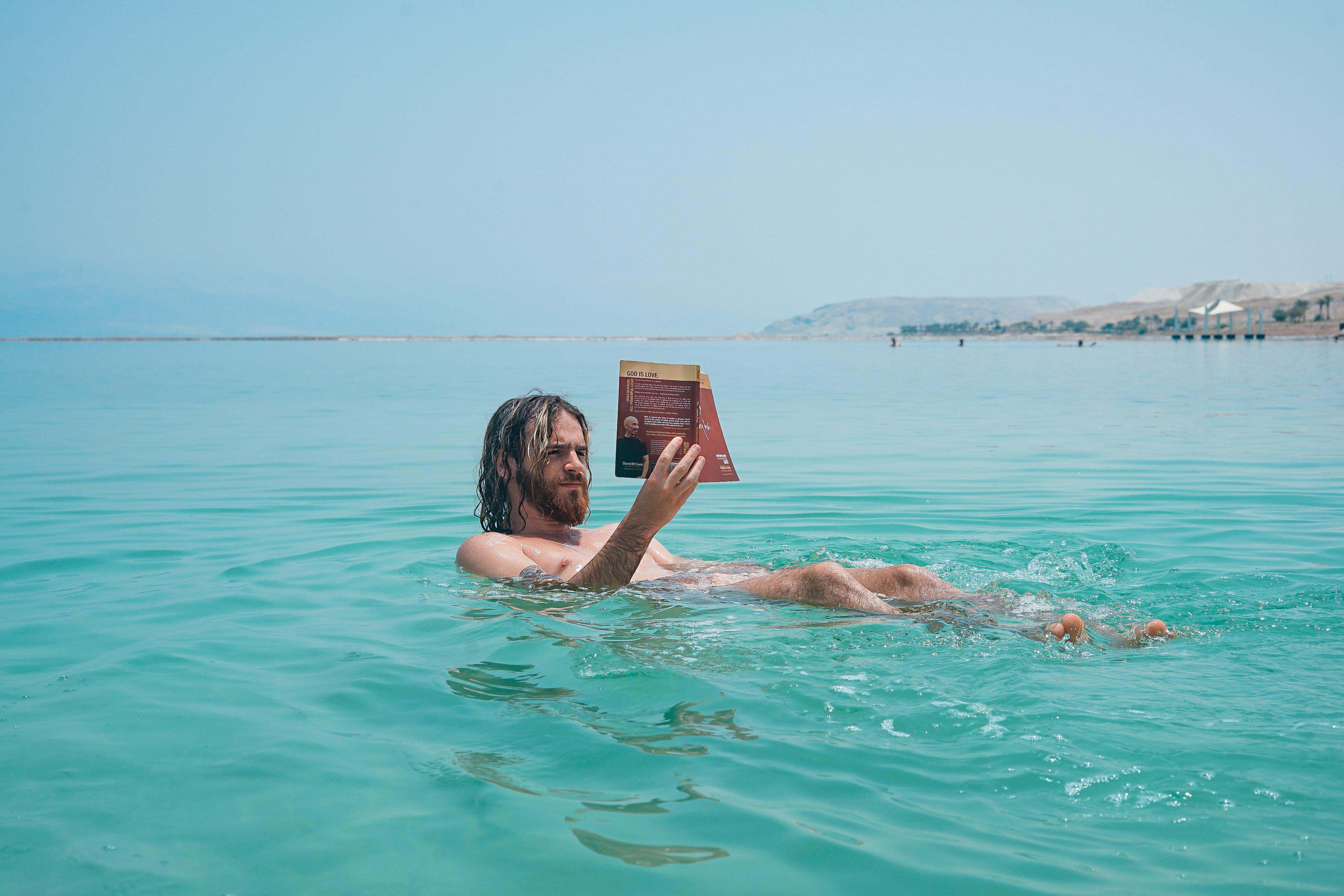This video is part of Z 17 Collective’s Future of Learning series, which asks education thought leaders what learning can and should look like in the midst and wake of the coronavirus pandemic.
CAROLINE HILL: One of the things that I've been really thinking about is that if our school systems and our education system is supposed to feed our democracy or become a microcosm of it, then what is it that kids need to learn and be able to do? And I think explicit instruction around community and getting along more than getting ahead, or kind of figure out a way to pair them. I think there's some implicit silent stretch throughout our entire culture that says it's more important to get ahead than it is to get along. And I think we're smart enough and we have enough wisdom and knowledge and ingenuity to figure out how to do both so that the way that we live doesn't have to hurt other people. And I think those are lessons that I think school... and I think that's the opportunity that education has in this moment to really push students and think about what is the right way to live, how do we do it and how do we do it in a way that doesn't hurt or rob the dignity of other people? And then what do we need to learn about the natural world, about mathematics to make those things happen, to develop those new ways of working.
In an online space there are no boundaries, there are only the boundaries and the walls that we erect and we are able to keep and we do work to keep them up. I was talking to a school leader the other day and I said you know, there's no stopping you from teaching kids in Mexico, Canada, in all 50 states if you think that way. We didn't have the technology 20 years ago, but we do now so what does a school community look like when we are able to blur the traditional lines that have kept us apart and intentionally figure out how do we cross lines of independent and public schools? How do we cross lines of parochial and public and independent so that we can actually practice learning together and respecting the differences that each one of us bring forth? I think that that's a moment we've never experienced before and I think having school leaders think about like your school community is your local community in which you lead, but there's an unbounded community that has kids in every country at this point, kids on every continent that you have the capacity to reach and connect with. How do we start thinking about our education in that way so that we could start to lower kind of like the provincial walls that separate us and think about ourselves as a global community?
We have a kind of a cultural mantra that says you know then you do, but I think in this moment we should think about we do to know. Does that make sense? Like how do we start doing things on a small scale with reduced risk to learn and to know? I think that what I've seen is when the risk to fail or the permission to fail is giving people feel that they can try new things. And I think that this is an important time and space where while I understand and know that the fear and uncertainty can make people say we've got to be super rigid in standards, and that's really important don't get me wrong, I think this is also a time and space to say we've never been here before, we know that our collective intelligence will help us figure it out, we need to, one, democratize that and allow everyone to help figure it out and do small things and kind of create schools as labs. What did we learn about it? What do we want to scale up? What do we want to trash? What do you want to tinker with? And have that be the way we develop knowledge by actually doing things.





